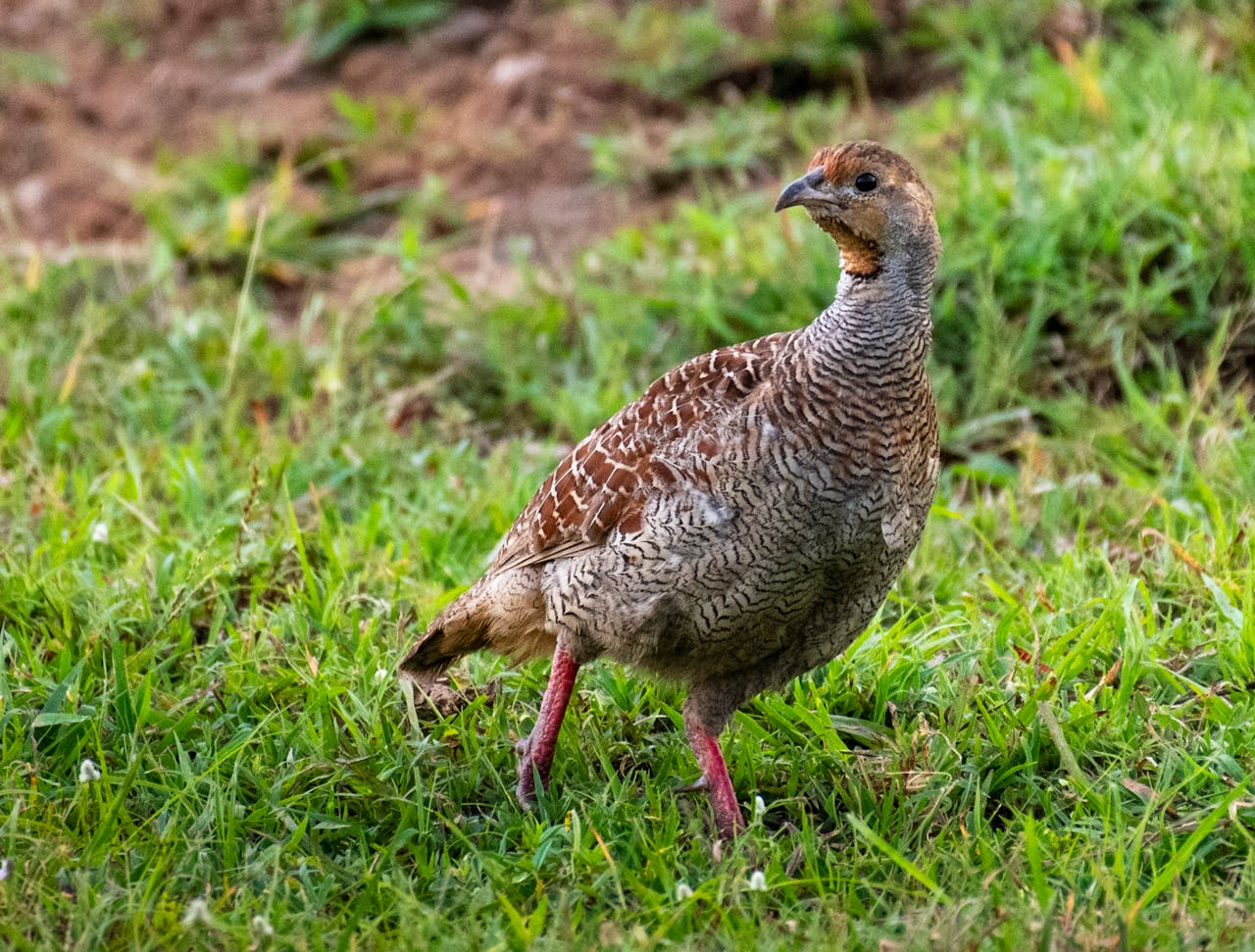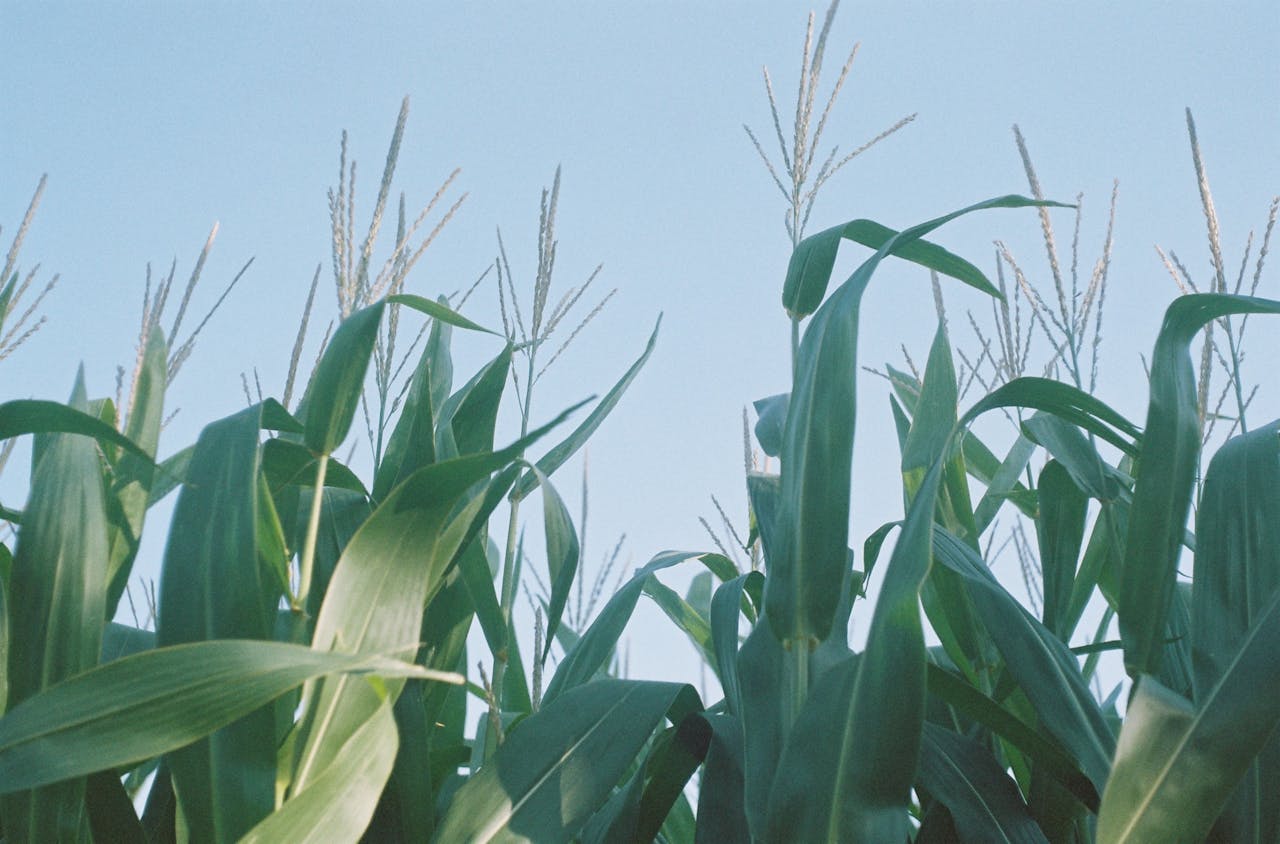Nigeria, Africa’s largest economy, is at a pivotal moment where innovative agricultural strategies could unlock tremendous potential. Among the promising avenues, the rise of domesticated birds—particularly poultry—emerges as a transformative force. From bolstering food security to creating jobs and stimulating economic growth, poultry farming offers a multifaceted solution to some of Nigeria’s pressing challenges. Let’s explore how domesticated birds can be a game-changer for Nigeria.

The Power of Poultry: Why Domesticated Birds Matter
Poultry farming, which includes chickens, turkeys, ducks, and guinea fowl, represents a vital sector in agriculture. For Nigeria, this sector has the potential to address several critical issues:
1. Enhancing Food Security
Nigeria faces significant food security challenges, exacerbated by a growing population and fluctuating global food prices. Poultry farming can play a crucial role in mitigating these challenges. Chicken, in particular, is a high-protein food source that is both affordable and widely accepted. By ramping up poultry production, Nigeria can ensure a steady supply of nutritious food for its population, reduce reliance on imported poultry products, and stabilize prices.
2. Boosting Economic Growth
The poultry sector is a powerful economic driver. By developing this sector, Nigeria can stimulate various segments of the economy:
- Farm Production: Expanding poultry farming operations can increase local production, reduce import dependency, and boost agricultural GDP.
- Processing Industry: Poultry processing—such as meat and egg production—creates value-added products. This sector can foster growth in processing plants, packaging, and distribution, creating additional economic activity.
- Export Potential: With the right investments and quality control, Nigeria can tap into international markets, exporting poultry products to neighboring countries and beyond.
3. Creating Job Opportunities
Poultry farming is a labor-intensive industry with opportunities at every stage of the value chain. From smallholder farms to large commercial operations, there are numerous roles that can provide employment:
- Farming: Poultry farms need workers for daily operations, including feeding, cleaning, and health management.
- Processing: The processing sector requires workers for meat and egg processing, quality control, and packaging.
- Support Services: Industries supporting poultry farming, such as feed production and veterinary services, also create jobs.
By promoting poultry farming, Nigeria can generate significant employment opportunities, particularly in rural areas where job creation is most needed.
Leveraging Technology and Innovation
To fully harness the potential of poultry farming, Nigeria must embrace technological advancements and innovative practices. Key areas for development include:
1. Modern Farming Techniques
Adopting modern poultry farming practices can enhance productivity and efficiency. This includes:
- Biosecurity Measures: Implementing robust biosecurity protocols to prevent disease outbreaks, which are critical for maintaining a healthy flock and stable production.
- Nutritional Management: Using advanced feed formulations to optimize poultry growth and health, ensuring high-quality meat and eggs.
2. Technological Integration
Integrating technology into poultry farming can revolutionize the industry:
- Automation: Automated systems for feeding, egg collection, and climate control can increase efficiency and reduce labor costs.
- Data Analytics: Using data to monitor flock health, optimize feed usage, and predict market trends can lead to better decision-making and increased profitability.
3. Research and Development
Investing in research and development is essential for advancing poultry farming in Nigeria. This includes:
- Disease Resistance: Developing disease-resistant poultry breeds to minimize losses and improve productivity.
- Sustainable Practices: Researching sustainable farming practices to reduce environmental impact and improve animal welfare.
Policy Support and Investment
For poultry farming to thrive, supportive policies and strategic investments are crucial:
1. Government Initiatives
The Nigerian government can play a pivotal role by:
- Subsidies and Incentives: Providing financial support and incentives for poultry farmers to invest in modern equipment and technologies.
- Infrastructure Development: Improving infrastructure, such as roads and cold storage facilities, to facilitate efficient supply chains and reduce post-harvest losses.
2. Private Sector Investment
Private sector investment can drive growth in the poultry industry:
- Partnerships: Collaborating with international companies and organizations to bring in expertise, technology, and investment.
- Market Access: Developing marketing and distribution channels to connect poultry producers with consumers and export markets.
3. Training and Education
Training programs for farmers and industry professionals can enhance skills and knowledge, leading to improved practices and productivity. Educating farmers on best practices, biosecurity, and technology adoption is key to building a resilient poultry sector.
Conclusion
Domesticated birds, particularly in the form of a thriving poultry industry, hold immense promise for transforming Nigeria’s economy. By addressing food security, boosting economic growth, and creating job opportunities, poultry farming can become a cornerstone of Nigeria’s agricultural and economic strategy.
With the right investments in technology, policy support, and infrastructure, Nigeria can unlock the full potential of its poultry sector, ensuring a more prosperous and secure future. As the country looks to harness its agricultural strengths, poultry farming offers a golden opportunity to turn the tide and drive lasting economic change.



